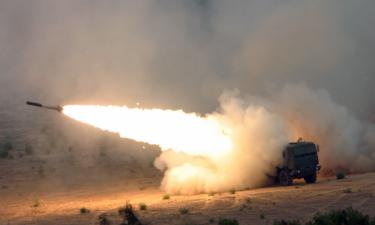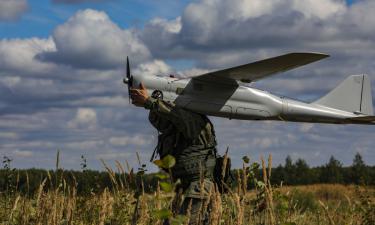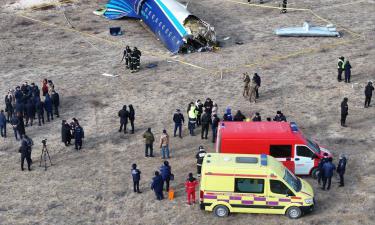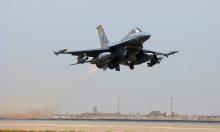UN grants 11 million dollars to Iraqi refugees
The chief U.N. envoy to Iraq Staffan de Mistura reported that the U.N. has established an US$11.4 million assistance program for 5,000 vulnerable families returning to their homes in Iraq in response to declining violence.

Staffan de Mistura, the head of the U.N. Assistance Mission to Iraq, said the Iraqi government has estimated that up to 40,000 refugees had returned from abroad in recent months and 10,000 internally displaced Iraqis have returned to their homes.
He said the U.N. was working with the government to verify those figures but one thing was clear: "based on that estimate there is a need for some type of immediate action."
He said the US11.4 million in assistance would include food baskets and other emergency kits for 5,000 families, or some 30,000 people. He stressed the money would be in addition to any Iraqi government aid.
"There is a flow of returnees," he said. "It's not massive, but it is a flow. We have the responsibility to respond to it in a way that we provide adequate assistance and protection."
De Mistura, a veteran Swedish diplomat, reiterated recent U.N. and U.S. warnings that it was too early to encourage a mass return among the more than 2 million Iraqis who have fled to other countries to escape the violence since 2003.
He said U.N. officials were not recommending a massive return in view of the fragility of the situation, but at the same time acknowledged Iraqis were coming home and needed to be cared for.
"The focus is on vulnerable groups and mostly greater Baghdad because that's where they are currently returning," he said.
The Iraqi government has encouraged refugees to return from Syria but the country's migration minister, Abdul-Samad Rahman, said priority would be given to Iraqis in "neighboring countries which are not able to provide proper services to those families."
"As for other countries, we are with the U.N. in asking the families to wait until the situation is totally stable in Iraq," Rahman said in a joint news conference with the U.N. envoy.
He said priority would be placed on families living in neighboring countries, such as Syria and Jordan, which have been overwhelmed and tightened restrictions against the Iraqis. Others in more prosperous countries, such as Sweden and Germany, could wait, he said.
"We give priority to the families in the neighboring countries, which are not able to provide proper services to those families. As for other countries, we are with the U.N. in asking the families to wait until the situation is totally stable in Iraq," Rahman said.
The U.N. refugee agency said separately that it expects its work with Iraqi refugees to remain at the same level in the near future.
Spokesman William Spindler said the U.N. High Commissioner for Refugees would be asking donors for about US$200 million next year to deal with the exodus of people from Iraq to neighboring Syria, Jordan and Lebanon
"So far the returns have been very, very small," he said, adding: "We still have over 2 million Iraqi refugees. They will not be returning in the next few months. We can safely say that, so the bulk of our programs and activities will not be affected."
"I don't know what the latest figures are, but we are talking about a very small trickle of people going back, and at the same time some people are still leaving," Spindler said. "We don't anticipate that our requirements will be different in the short term. In the long term we don't know, but at least in the short term requirements are unlikely to change."
Subscribe to Pravda.Ru Telegram channel, Facebook, RSS!





